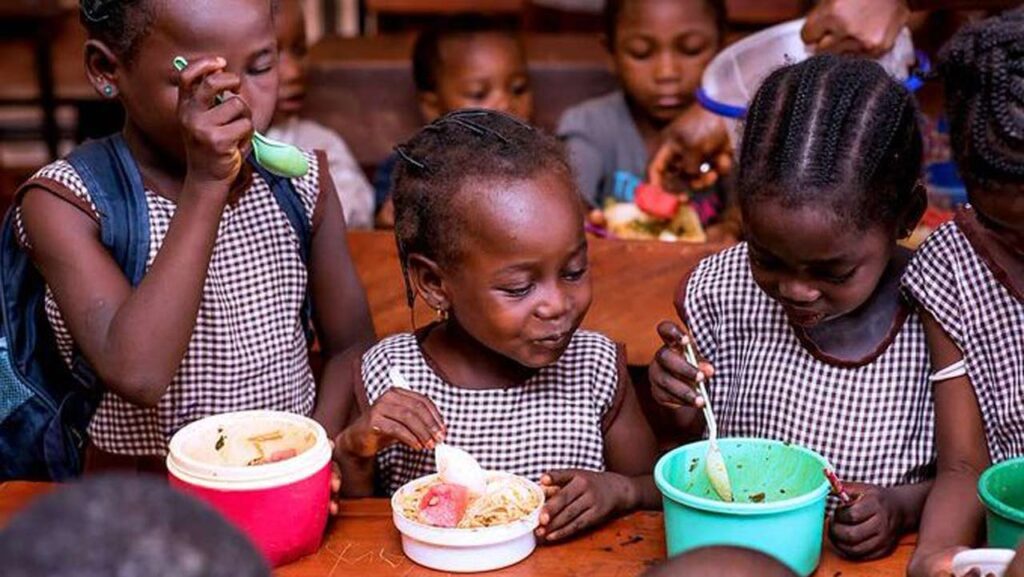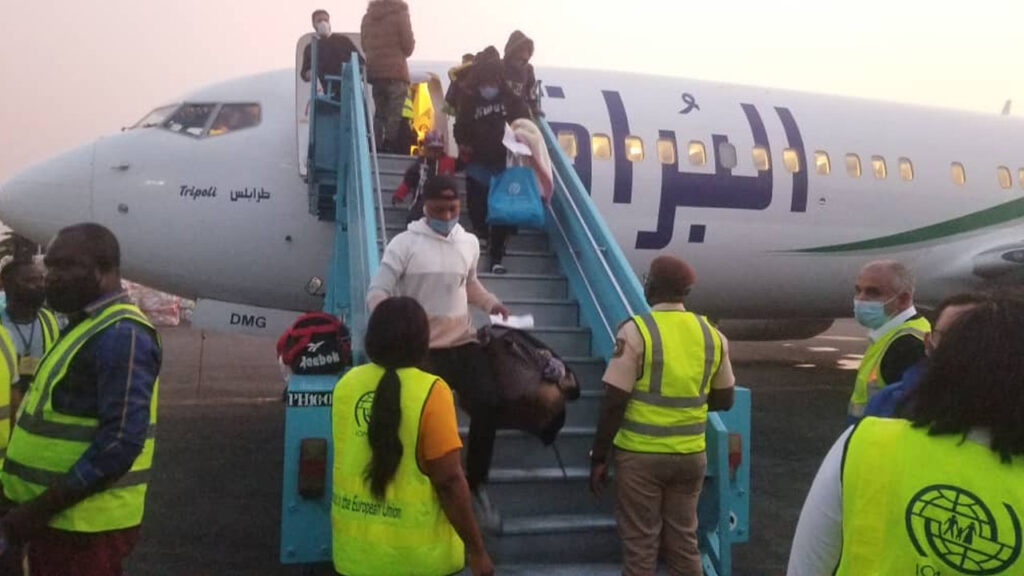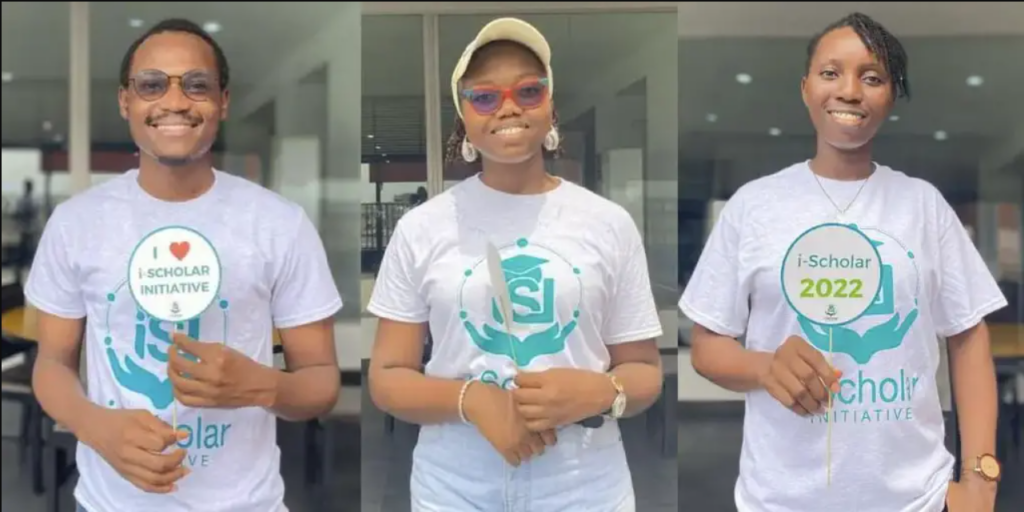
Rockefeller Foundation, yesterday, urged Nigeria and other African countries not to back out of school feeding programmes. The international agency reckoned that the daily feeding scheme for schoolchildren was directly linked to high literacy goals and energising the rural economy.
The appeal is coming at a time when the Federal Government is in a dilemma on the economics and sustainability of the school feeding programme, in the face of galloping inflation that has made a mess of the 2024 projection and N100 billion budget for the initiative.
The Guardian recently reported that the current economic realities and galloping inflation had shown that the N100 billion earlier budgeted for the National Home Grown School Feeding Programme (NHGSFP) was inadequate for a programme now in need of N540 billion to feed 10 million schoolchildren in 2024.
At a side event of the Annual General Meeting of the African Development Bank (AfDB) in Nairobi, Kenya, the Foundation, in collaboration with the Global Partnership for Education (GPE), and the World Food Programme, noted that Nigeria could scale up the provision of free school meals despite sustainability concern, to combat the “incalculable and harmful consequences of millions of children going to school every day with hungry bellies”.
Speaking on the theme: ‘Creating fiscal space for school meals: Towards Agenda 2063, SDGs and human capital development’, the Director of Agriculture and Agro-Industry at the African Development Bank, Dr Martin Fregene, told the high-level gathering of policymakers and decision-makers that the freedom from hunger is a human right.
“Children who get a good meal will go back to school time and again, there is a link between hunger and the development of grey matter,” Fregene said.
Fregene, who was addressing the gathering on behalf of AfDB President, Dr Akinwumi Adesina, stressed that food production created demand for farmers and secured markets for products assisting economic growth.
Across Africa, the stated aim of universal primary education, SDG 2, an initiative strongly supported by the Bank Group, has made a lot of progress, but Fregene stressed that to be realised it has to be accompanied by planet-friendly, homegrown school meal programmes.
He and other speakers pointed out that free meals helped children’s cognitive capacities, led to higher attendance levels, improved health and nutrition levels and general well-being.
Noting that many African governments were grappling with the adverse economic impacts of the COVID-19 pandemic, rising food inflation, and losses and damages associated with climate change-induced natural disasters, among other issues, Fregene said the Bank supported healthy meals initiatives to the tune of $100 million so far.
Former Tanzanian President, who is also the current chair of the GPE, Jakaya Kikwete, declared that “no child today should go to school hungry”.
Kikwete said instead of complaint over its financing, “new and innovative ways to finance school meals need to be found.”
Acknowledging the economic dilemma, he called for African countries to turbocharge the continent’s drive to meet the SDGs with out-of-the-box thinking, and not fall further behind as school children were the guardians of Africa’s future and critical in achieving the “Africa We Want”.
Kikwete lauded a recent debt swap for education deals with partners, highlighting a recently concluded agreement between France and Ivory Coast and noted the multiplier effect every dollar spent on education, including the free meals initiative, had on overall GDP performances.
Many African countries are also contending with constrained fiscal space exacerbated by rising debt service costs, creating a silent debt crisis. High debt service payments squeeze out spending on critical interventions that could accelerate Agenda 2063 and SDG implementation, speakers said.












